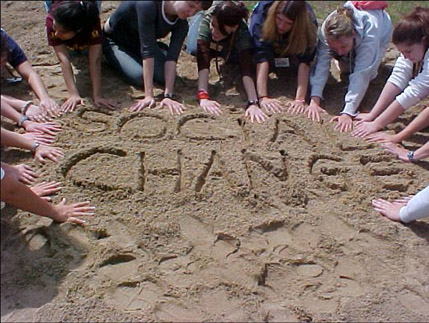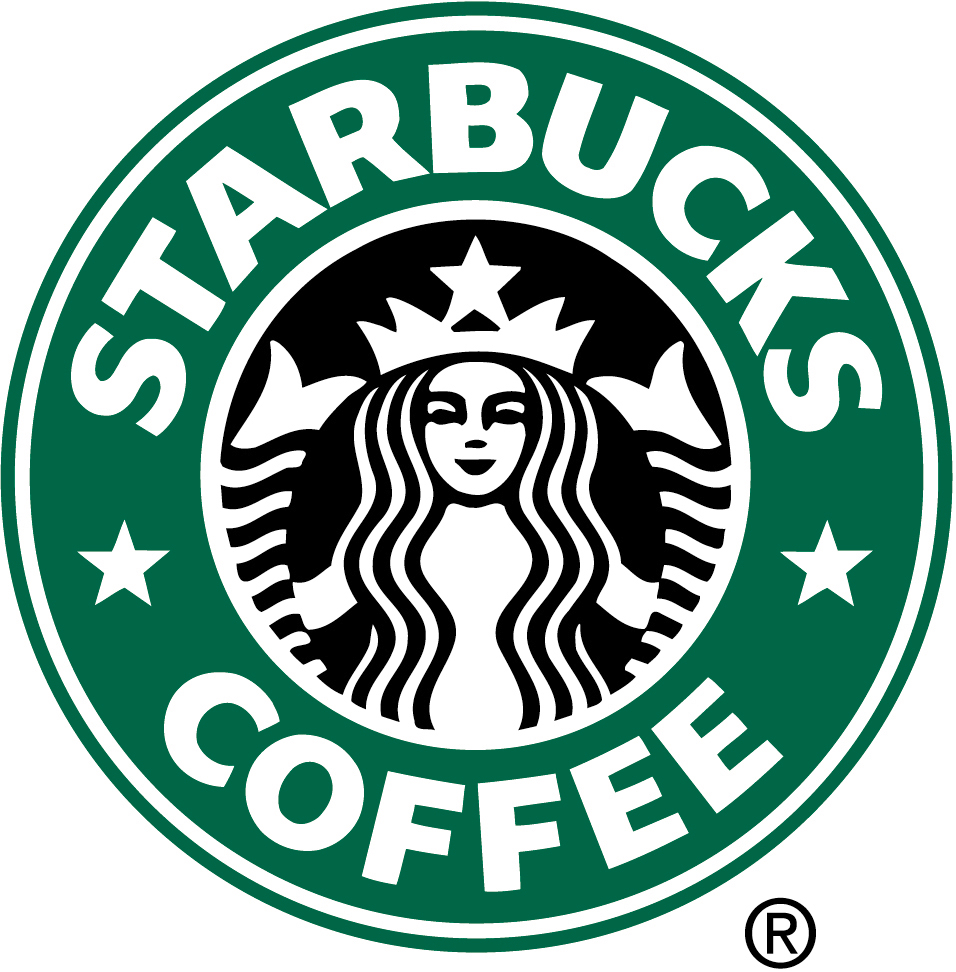
- Image by art makes me smile via Flickr
This post originally appeared on my PR agency blog and is reprinted here as celebration of the 60th Anniversary of the Universal Declaration of Human Rights.
Human rights and businesses may seem like odd bed-fellows. Yet there are many companies (large and small) who, while they may not appear to be breaching human rights themselves, actively support countries whose human rights records are less than admirable.
You would have thought that in this day and age, to still be speaking about human rights – and the violation of them – would have been a thing of the past.
Indeed, with both the Universal Declaration on Human Rights in 1948 and the 1993 Vienna World Conference both reiterating the rights of human beings in all countries, surely we shouldn?t still be discussing this 60 years later? Yet, again, sadly we are. This is where businesses can make a difference.
One of the grey areas for years has been how businesses have circumnavigated the contentious matter of human rights – whether it?s actually in the workplace, or by supporting other businesses or Governments that have a poor track record in human rights.
We may feel all smug in the West, pronouncing that we look after our citizens and offer human rights to all, but this is a blatantly false belief. We only need to look at Guantanamo Bay for an example of how great our human rights are on a personal level, and the likes of Nike and similar for their (alleged) sweatshop practices.
Or how about Wal-Mart?s employee ?pay structure? (and I use that term loosely) – after all, this is a company whose own Annual Report in 2006 stated that it had received 57 wage and hour lawsuits, and was also successfully sued for $172 million in damages for failing to provide meal breaks for almost 116,000 workers in December 2005.
The Olympics in Beijing resulted in extra scrutiny on businesses and human rights transgressions, when China came under attack for its ongoing poor record in human rights over the years.
These include the persecution of anyone that dares to oppose the Chinese government, the continuing crackdown in Tibet, the violations against media freedom and much, much more. You would have thought that with all this controversy going on, businesses would have wanted to stay well away, right? You would have thought so.
Instead of using the Beijing Olympics to make a stand and show they actually care about people as opposed to just money, there were still many businesses happy to sponsor the Olympics. According to The Olympic Partner Programme (TOP), created and managed by the International Olympic Committee, the 12 TOP sponsors of this year?s Olympics were:
1. Coca-Cola
2. Atos Origin
3. GE
4. Johnson-Johnson
5. Kodak
6. Lenovo
7. Manulife
8. McDonald?s
9. Omega
10. Panasonic
11. Samsung
12. VISA
Looking at some of the names on that list, you might be surprised they were happy to be associated with a Government that ignores so many forms of human rights.
After all, Johnson-Johnson prides itself on being ?your family company?. And GE?s own Human Rights policy states that ?GE seeks to advance human rights by leading by example – through our interactions with customers and suppliers, the products we offer and our relationships with communities and governments.? Perhaps they only mean that if there are big tainted bucks involved.
Although many of the world?s most influential leaders made their feelings clear on China and her human rights record leading up to the games, these companies in the TOP 12 list stayed silent. Their excuse? They didn?t want to become involved in politics. Right?
Therefore, it stood to reason that by paying millions in sponsorship money they were letting their greed do the talking instead – and that allowed people to answer back with their views.
I wonder how much longer these companies would stay silent if people spoke with their wallets, and stopped buying their goods or services? Or let their voices be heard in other ways, such as the outcry and furore that followed the Olympic flame everywhere it went prior to its arrival in China.
Would these companies be shamed into withdrawing their support that is so out of tune with reality? Possibly, possibly not. However, one thing is certain – this isn?t something that?s going to go away.
Today there are thousands of bloggers publicizing the Universal Declaration of Human Rights by blogging about its 60th anniversary and continued abuses worldwide. The Human Rights Watch also has a Take Action campaign that offers advice on how you can try and effect change in the minds of businesses everywhere.
If you?re a business owner yourself, take a look at who you deal with and whether this needs to change. We might not make a difference overnight, but we can make a difference, and that?s the most important thing of all.
“All human beings are born free and equal in dignity and rights.? Universal Declaration of Human Rights.”
If you enjoyed this post, please consider leaving a comment and subscribe to my RSS feed or via email to ensure you can enjoy the latest post(s).


![Reblog this post [with Zemanta]](http://img.zemanta.com/reblog_e.png?x-id=fffc28f4-e5b2-45fe-9573-17a073334ec1)





 Ask anyone what one of the biggest stumbling blocks for businesses and social media is and the over-riding answer will probably be understanding. Or lack of it.
Ask anyone what one of the biggest stumbling blocks for businesses and social media is and the over-riding answer will probably be understanding. Or lack of it.


